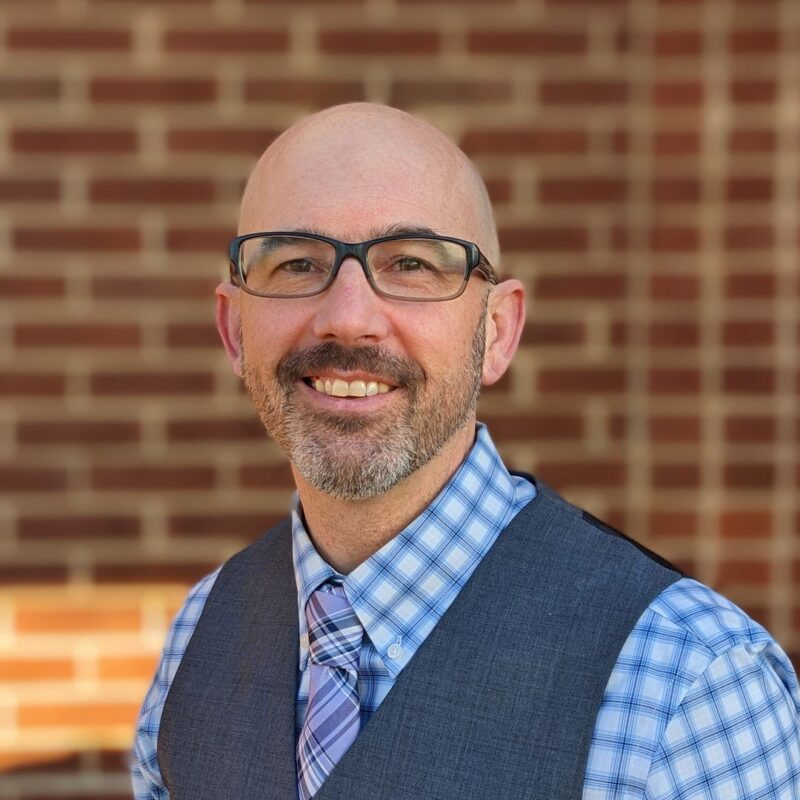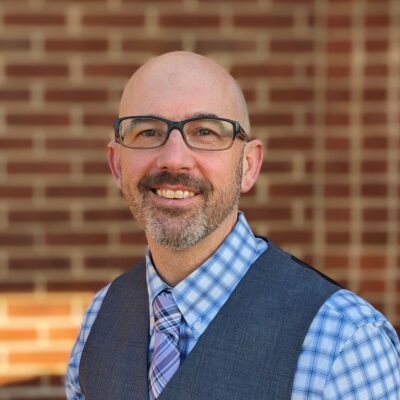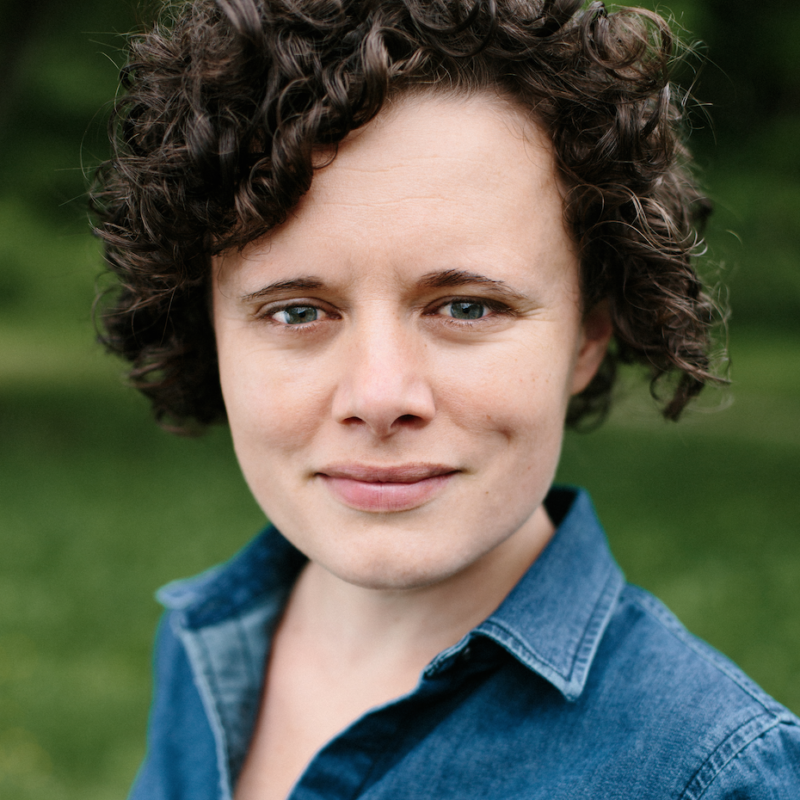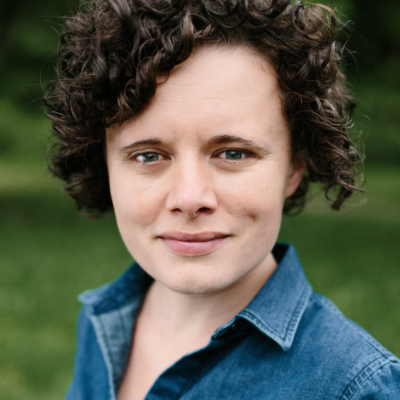Following the recommendations of Governor Bob McDonnell and Attorney General Ken Cuccinelli, the Virginia Board of Social Services recently voted against nondiscrimination regulations that would have allowed gay and lesbian couples to adopt children. The vote is particularly significant for Charlottesville and Albemarle County, where adoption numbers have risen during the past three years and UVA researchers have published groundbreaking studies about the effects of sexual orientation on adoptive children.
|
According to a 2010 study by UVA Psychology Professor Charlotte Patterson, “young children adopted early in life by lesbian and gay parents were as well-adjusted as those adopted by heterosexual parents.” |
During the last fiscal year, the Albemarle County Department of Social Services found adoptive homes for six kids, up from the previous two years. The Charlottesville Department of Social Services posted a greater jump in adoptions—11 kids, the highest number of adoptions since 2006, and greater than the previous two years combined. Diane Kuknyo, director for the city’s Department of Social Services, attributes the city’s rise in adoption numbers in part to efforts to place kids with foster families who will later adopt.
The initial public comment period for expanding the nondiscrimination regulations —to include same-sex couples as well as outlaw religious discrimination—received 1,026 responses from individuals and agencies opposed to the changes. They included comments from four child-placement agencies and Republican State Delegate Bob Marshall, who asked the social services board, among other things, to prove its authority “to compel compliance by adoption agencies…to process applicants whose behavior is rejected as immoral by the Old and New Testaments.” Only 33 commenters supported changes to the language.
Current Virginia law allows married couples and single men and women to adopt children, which means homosexual individuals can adopt, but cannot share custodial rights with a partner. While the sexual orientation of single adoptive parents is not questioned, the law prohibits so-called “second parent” adoptions, which extend a single parent’s legal rights to his or her partner. Kuknyo says that the city is required to follow the state board’s decision, but is open to same-sex adoptive parents. According to reported numbers from the Family Equality Council, roughly 3,300 same-sex couples in Virginia are raising more than 6,700 adopted children.
The board’s vote also preserves a research hurdle for Charlotte Patterson, a professor in UVA’s Department of Psychology. Last fall, Patterson published a study of 106 adoptive families—adult couples and their children, adopted during their first weeks of life and with their families for multiple years. The couples were a mix of heterosexual, gay and lesbian couples. Because of the law, Patterson was not able to study any homosexual adoptive couples from Virginia.
“All of the parents are legally recognized parents of their adopted child,” says Patterson. “The point of that was to create an even playing field. We wanted to study families where all the members were sure of their relationship with one another.”
Patterson’s study focused on the behavior of both child and couple, and looked for differences that correlated with sexual orientation. Ultimately, and for the first time, Patterson reported findings that suggest “young children adopted early in life by lesbian and gay parents were as well-adjusted as those adopted by heterosexual parents.” She says that the study assessed levels of stress and happiness among the couples and found no differences attributable to sexual orientation.
The board’s vote, says Patterson, has two major repercussions. It forces one member of a same-sex couple to step forward as a legal adoptive parent, and prevents children who have grown up in same-sex households from receiving legal recognition of the parents they have.
James Parrish, executive director of Equality Virginia, said his organization is disappointed with the board’s vote. Equality Virginia and likeminded groups consider the vote a “substantive change” to proposed regulatory language, and may ask the board to reopen public comment—an effort that would temporarily detour the regulations from McDonnell’s desk.
Meanwhile, Patterson says she plans to revisit the subjects from her study sometime in the future.
“We would very much like to be able to revisit these families when the children are all in elementary school, and follow them through more of the childrens’ lives,” says Patterson. Eventually, perhaps a few new Virginia families will join the study.
/PattersonCharlotte_025_MB.jpg)





